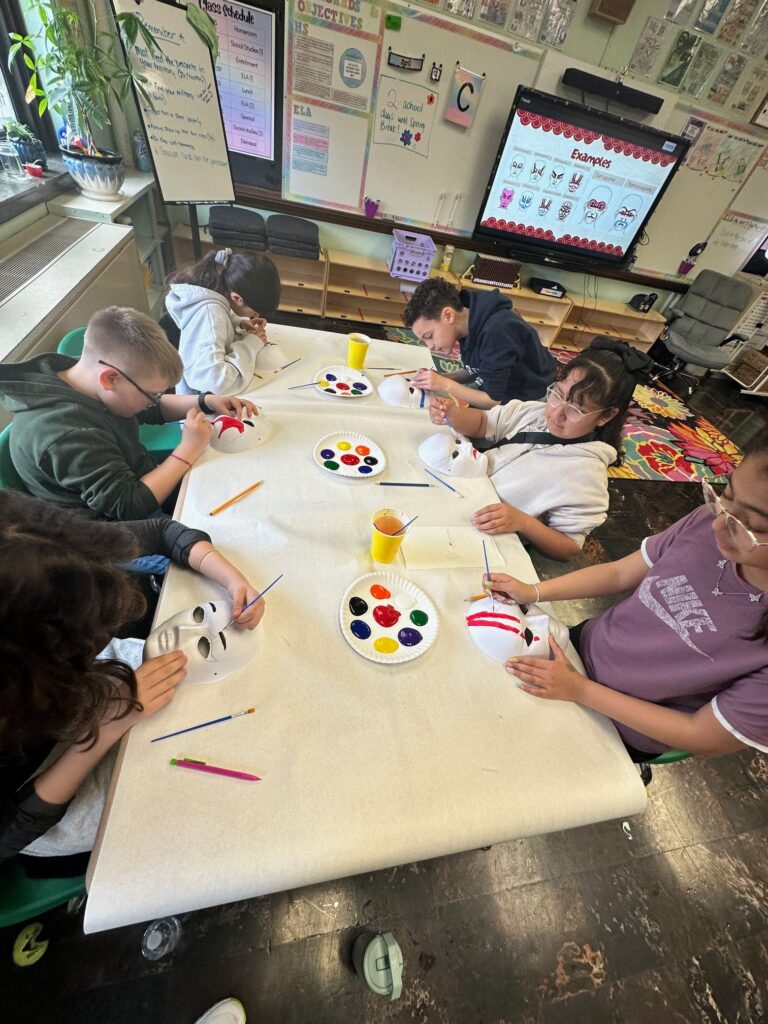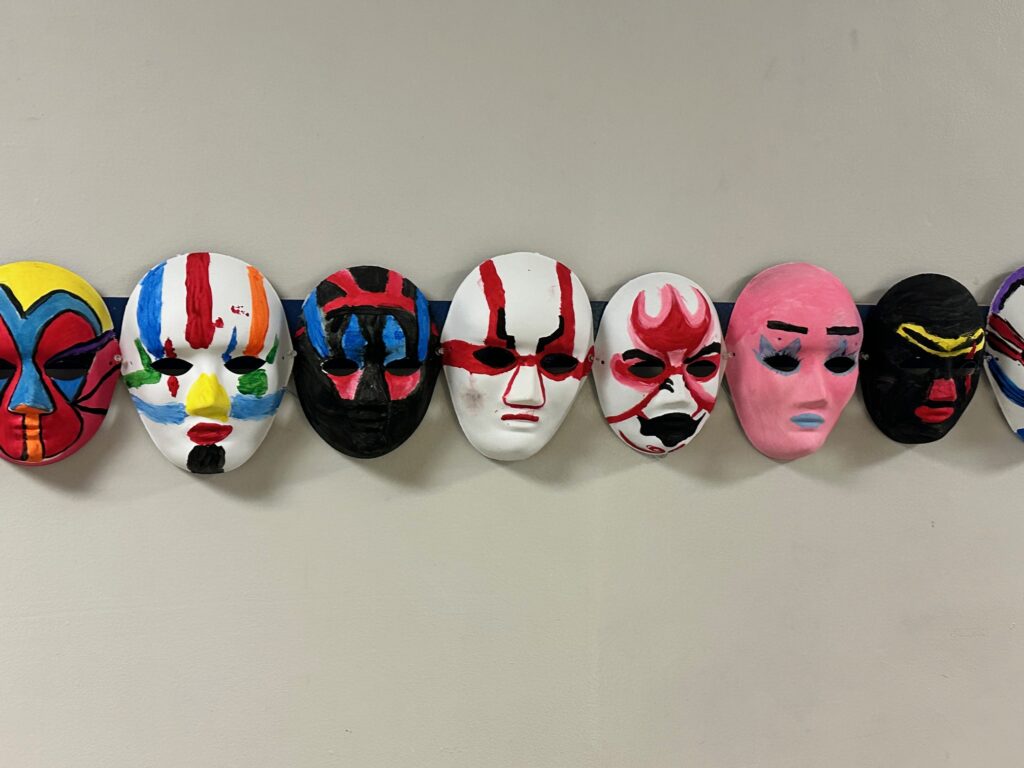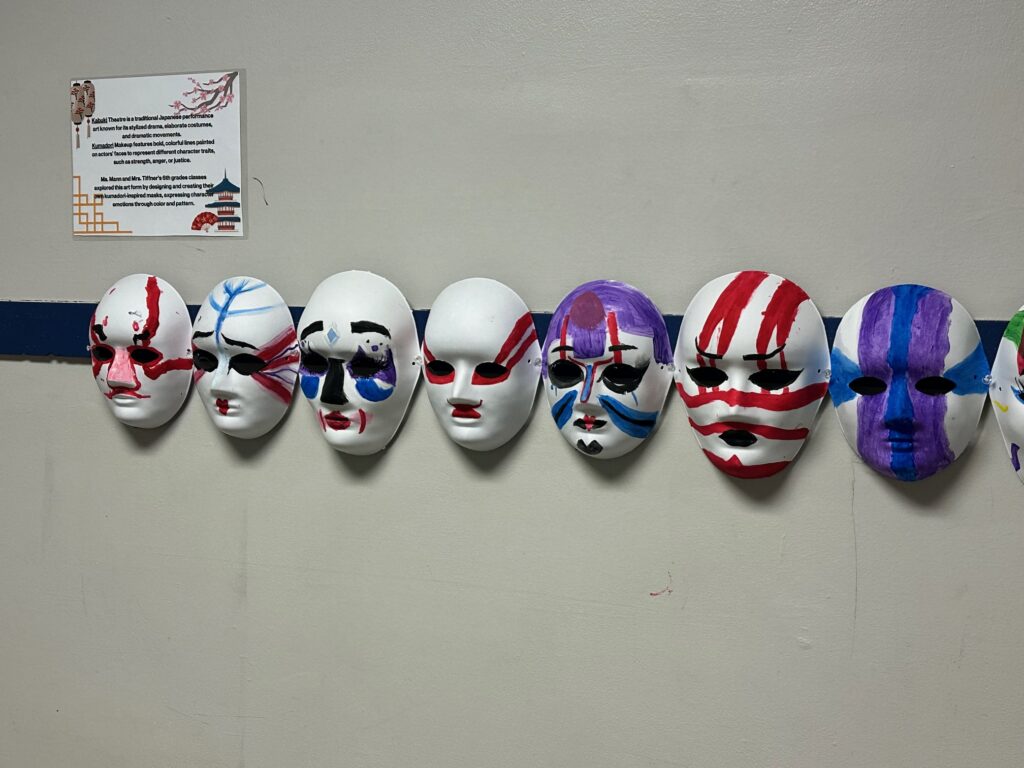In Ms. Mann’s class, students demonstrated impressive strategy skills while participating in the interactive game Honor of the Samurai. The game challenged them to think critically and make calculated decisions about budgeting and resource management. Students learned to carefully balance their rice supply—deciding how much to spend on feeding peasants, maintaining armies, and offering gifts to the Emperor—while keeping an eye on long-term goals. Through this, they developed a better understanding of financial literacy, including how to spend wisely and determine which choices offered the best return.
An important layer of the game involved collaboration. Students engaged in alliance-building, trading resources, and negotiating deals, sharpening their teamwork and communication abilities. These interactions mimicked real-world diplomacy and required students to think not only about their own success but also about the dynamics of cooperation and trust. Their strategic thinking evolved as they considered how others’ choices could impact their own gameplay.
One of the most meaningful elements woven throughout the game was the concept of honor, a value deeply rooted in Japanese history and culture, especially during the Edo period. Students could gain or lose honor points based on their actions—whether showing kindness, following class expectations, or receiving positive reports from teachers. This system helped reinforce character development and emphasized that success isn’t just about power or wealth, but also about integrity and respect. It gave students a personal stake in their choices and highlighted how honor influenced social standing in Feudal Japan.
The game was further enriched by the class novel The Ghost in the Tokaido Inn, which provided a vivid backdrop of the Edo period and introduced students to the lives of the Samurai, the strict social hierarchy, and historical figures like Judge Ooka Tadasuke. Alongside their strategic and historical explorations, students also engaged with traditional Japanese art forms, from writing Haikus to learning about the colorful world of Kabuki theatre. This multifaceted, hands-on unit made history come alive, blending gameplay, literature, and culture into an unforgettable learning experience.










